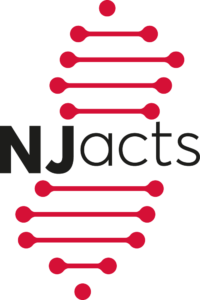 Please read Dr. Roy’s article in Contemporary Clinical Trials titled, “Leveraging machine learning: Covariate-adjusted Bayesian adaptive randomization and subgroup discovery in multi-arm survival trials.“
Please read Dr. Roy’s article in Contemporary Clinical Trials titled, “Leveraging machine learning: Covariate-adjusted Bayesian adaptive randomization and subgroup discovery in multi-arm survival trials.“
Common adaptive randomization in clinical trials focuses on the average response across a whole population, with a goal of having a study that is powerful enough to detect a meaningful difference between treatments if such a difference truly exists. Personalized medicine, on the other hand, aims to optimize therapeutic intervention for each patient based on individual characteristics, such as biomarker profiles or other covariates. Patients with different genetic mutations or molecular markers might present varying responses to a given treatment for a disease. Biomarker-integrated trials like I-SPY 2 and BATTLE implement response-adaptive randomization (RAR). Participants are initially classified into distinct groups based on biomarkers, and the allocation ratio is adjusted based on Bayesian posterior probability given accumulating data from already-enrolled patients. However, issues might arise when predictive biomarkers are unknown (i.e., a goal of the research is to discover them). Biomarkers contain biological information that can be measured to gain insight into disease status or patients’ response to treatments. Predictive biomarkers interact with treatments, and different patient subgroups, stratified by varying levels of these biomarkers, will respond to specific treatments. On the other hand, prognostic biomarkers predict outcomes such as overall survival time but do not guide treatments. For trials that involve both prognostic and predictive factors, it is important to account for the impact of these baseline covariates and to individualize the allocation ratio. For both efficiency and ethical considerations, covariate-adjusted response adaptive (CARA) randomization uses data from previously enrolled participants and covariate information of new patients to enhance the assignment of superior treatments. To read the full article.
Leveraging machine learning: Covariate-adjusted Bayesian adaptive randomization and subgroup discovery in multi-arm survival trials. Xiong W, Roy J, Liu H, Hu L. Contemp Clin Trials. 2024 Jul;142:107547. PMID: 38688389 DOI: 1016/j.cct.2024.107547
